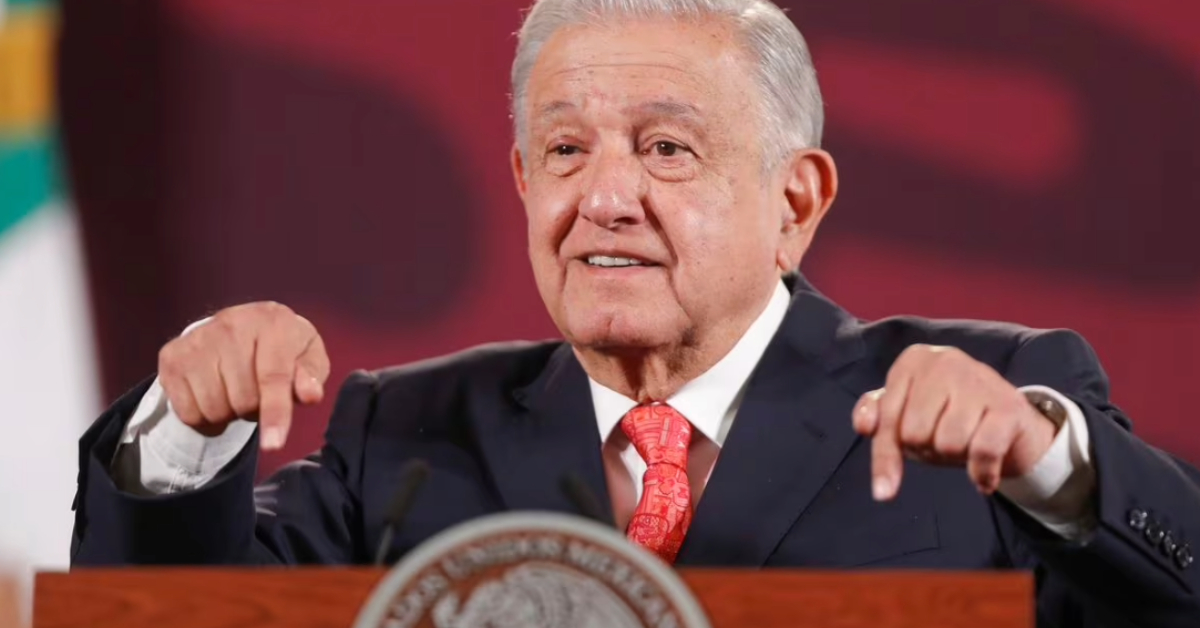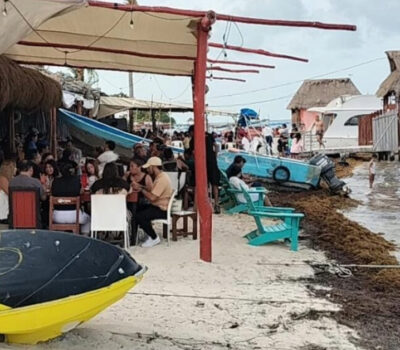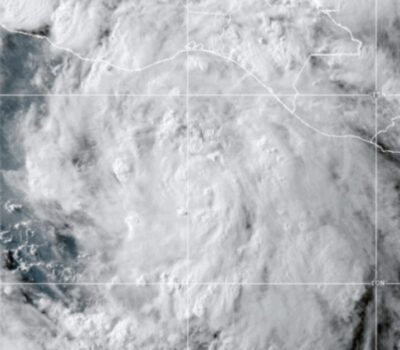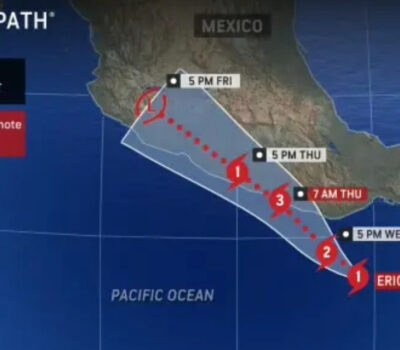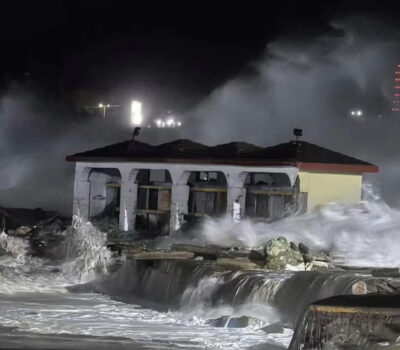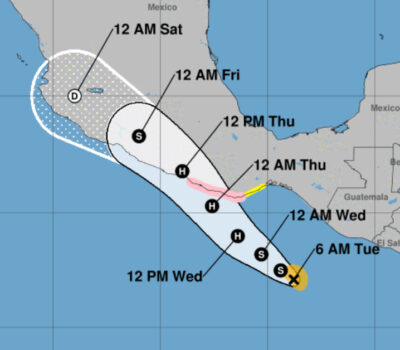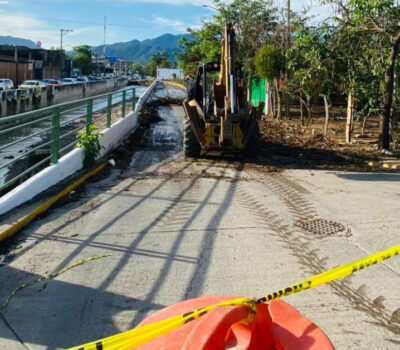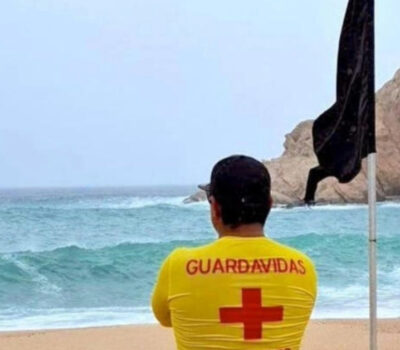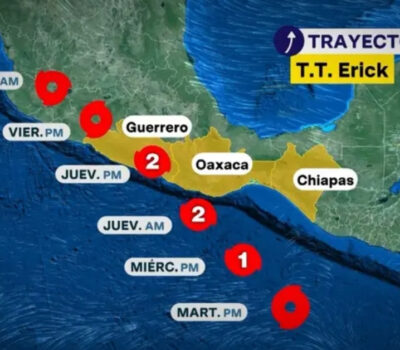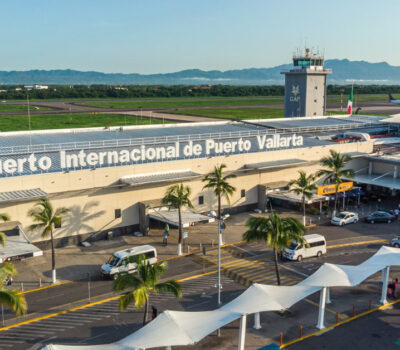Puerto Vallarta, Mexico – In a defiant stance against perceived foreign interference, Mexican President Andrés Manuel López Obrador rebuffed recent investigative efforts by the United States, casting doubt on the legitimacy and motivations behind the inquiries. Addressing the issue in his morning conference last Thursday, López Obrador staunchly defended Mexico’s sovereignty amidst allegations of drug trafficking ties to his 2018 campaign.
The controversy erupted following a probe initiated by The New York Times, purportedly unveiling links between drug traffickers and close associates of López Obrador. The investigation primarily relied on information from a DEA (Drug Enforcement Administration) inquiry, which never resulted in formal charges, alongside accounts from informants alleging financial contributions to the president’s inner circle.
López Obrador condemned the investigative efforts as an affront to Mexico’s independence, challenging the authority of external entities to scrutinize a democratically elected government. “Before, presidents were like employees of foreign governments, obedient, eager, submissive, and they became accustomed to not respecting our independence, our sovereignty,” the president asserted, decrying the perceived lack of respect for Mexico’s political autonomy.
The tensions between the Mexican government and US agencies, particularly the DEA, have been exacerbated by past confrontations, notably the arrest of General Salvador Cienfuegos in 2020. López Obrador highlighted this incident as indicative of broader attempts to undermine Mexico’s political authority, attributing the recent investigative fervor to retaliatory actions by the DEA in response to imposed restrictions within Mexico.
Political analysts and experts echo López Obrador’s sentiments, viewing the recent investigations as a strategic maneuver by the DEA to assert dominance and challenge the Mexican government’s autonomy. The contentious history between the two entities, dating back to the mid-1970s, has been marked by friction and mistrust, with past incidents such as the torture and murder of DEA agent Enrique “Kiki” Camarena further straining relations.
The current impasse underscores deeper rifts in bilateral security cooperation, exacerbated by divergent perspectives on issues such as drug trafficking and law enforcement. While the United States emphasizes the need for increased collaboration and asserts Mexico’s role in combating drug production and trafficking, López Obrador’s administration rejects external pressure and denies allegations of drug-related complicity.
Amidst the escalating tensions, concerns arise over the potential ramifications for future collaboration and trust-building efforts between the two nations. As Mexico prepares for upcoming elections and the United States grapples with shifting political dynamics, the trajectory of bilateral relations remains uncertain, with implications extending beyond security cooperation to broader diplomatic and economic spheres.
The standoff between Mexico and the United States underscores the complexities of international relations, where divergent interests and historical grievances intersect with contemporary challenges. As both nations navigate the intricacies of their relationship, the outcome of this latest confrontation will undoubtedly shape the future trajectory of bilateral cooperation and regional stability.
Puerto Vallarta, Mexico - In a defiant stance against perceived foreign interference, Mexican President Andrés Manuel López Obrador rebuffed recent investigative efforts by the United States, casting doubt on the legitimacy and motivations behind the inquiries. Addressing the issue in his morning conference last Thursday, López Obrador staunchly defended Mexico's sovereignty amidst allegations of drug trafficking ties to his 2018 campaign.

